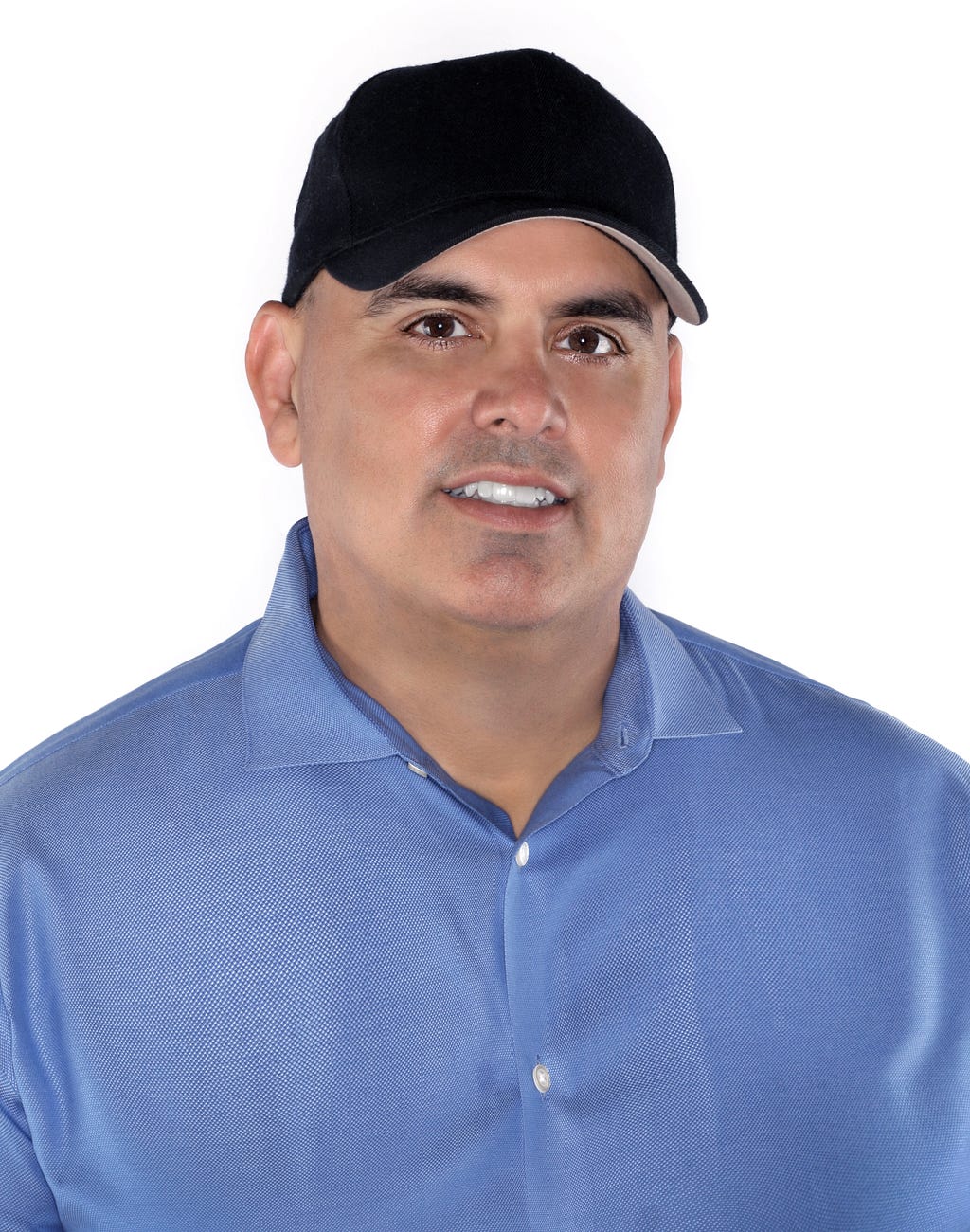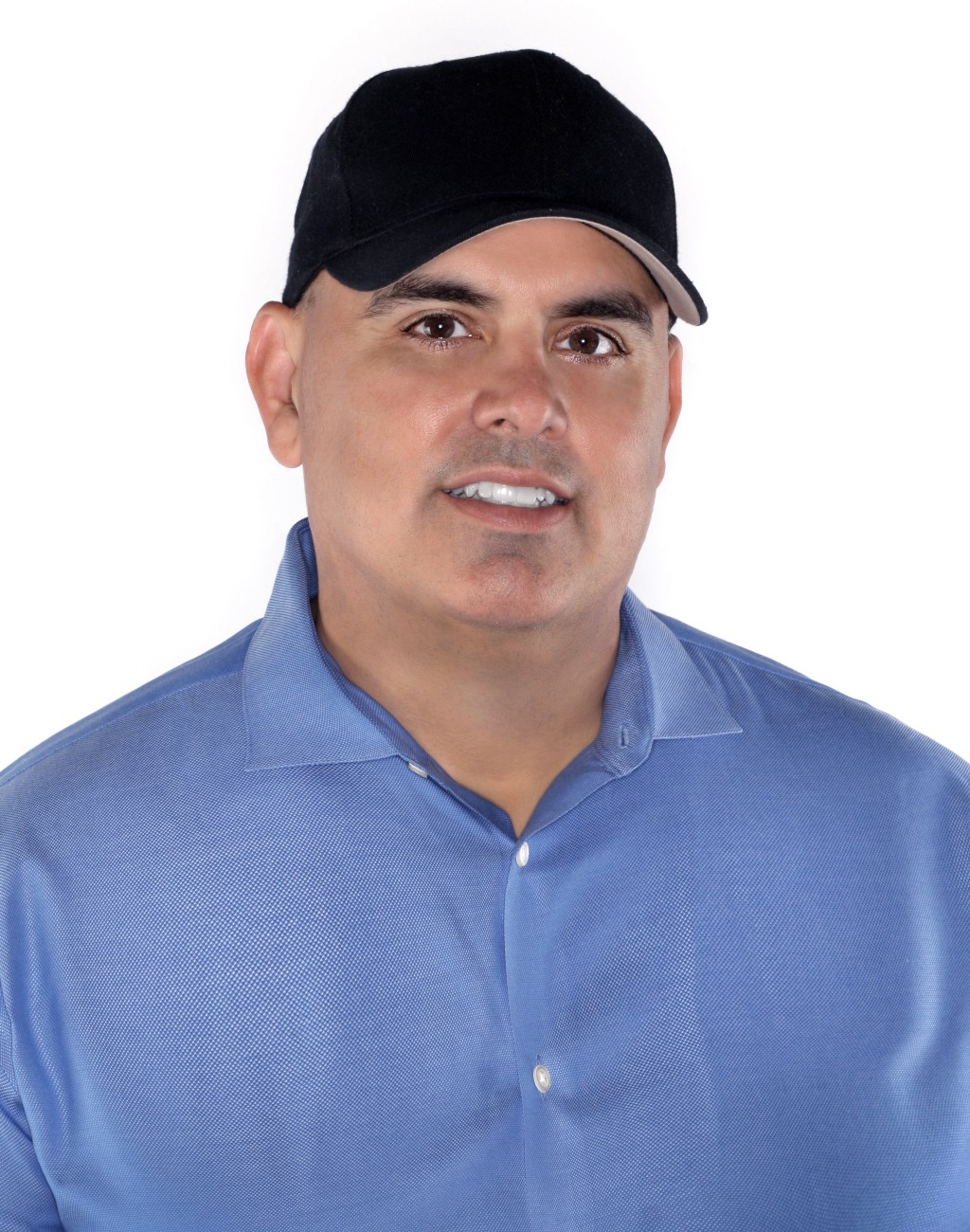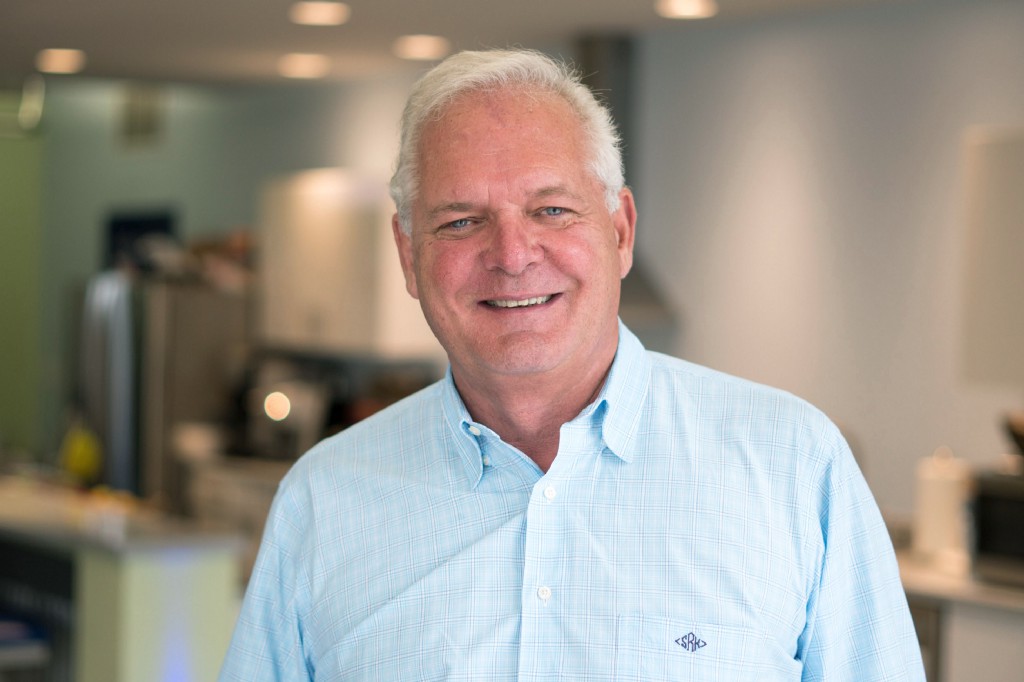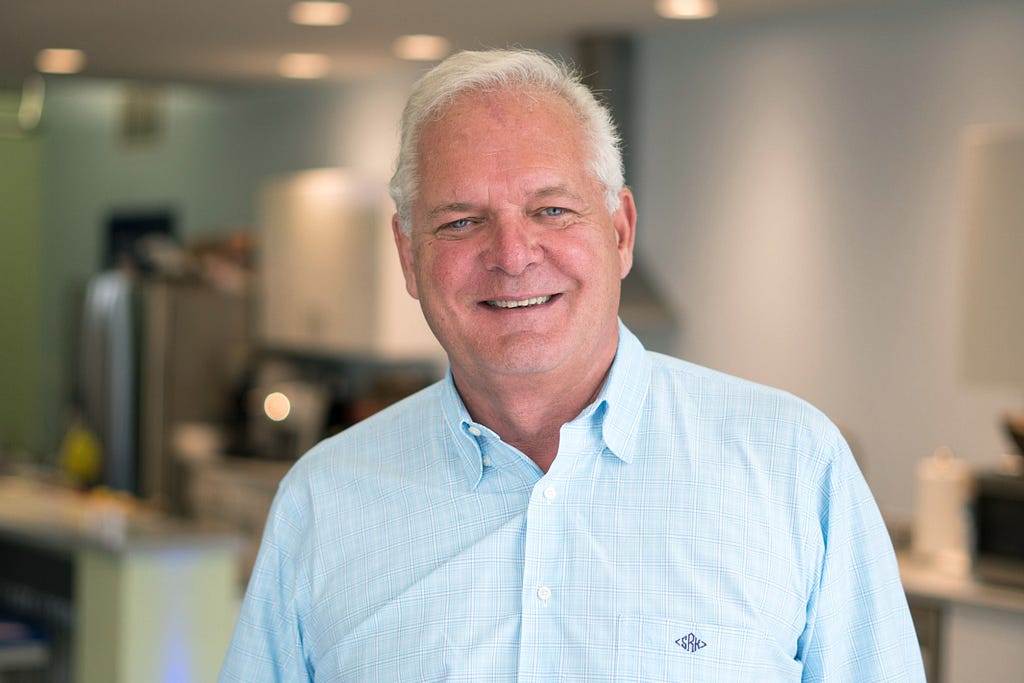Shannon Houchins of Average Joes Entertainment: “They told me it was impossible and I did it anyway”

We need to believe in ourselves more. The person standing in the place we want to be doesn’t have super powers or a magic button. If we work hard enough, we can get there. Don’t get paralyzed by fear of trying. Just go.
As a part of our series about “dreamers who ignored the naysayers and did what others said was impossible”, I had the pleasure of interviewing Shannon Houchins.
Shannon Houchins is CEO/President of Nashville-based Average Joes Entertainment. Average Joes is a multi-faceted entertainment/lifestyle company that includes three record labels, music publishing, artist management, the Mega Truck Series of extreme motorsports racing and Hideout Pictures, a film & tv/video production company. The company focuses on a grassroots approach, availability of product and cross-promotional opportunities to expand artist visibility.
Since launching the company in 2008, Houchins has overseen all aspects of the business. Over the past decade, it has sold in excess of 3 million albums, 4 million singles, over 1 million concert tickets, and has been nominated for numerous music industry awards. In addition, Houchins has been featured in such major media outlets as The Wall Street Journal, Rolling Stone and The New York Times.
Average Joes and affiliated labels’ growing roster of artists and projects includes Colt Ford, Montgomery Gentry, Bubba Sparxxx, Sarah Ross, Sam Grow, Maggie Baugh, Carter Winter, SMO, Lenny Cooper, DJ Canyon Bannon, Tommy Chayne, Cypress Spring, James Phillips, Devin Burris and the Mud Digger Series.
Houchins began his career as a producer. He went on to become a staff producer/writer for Jermaine Dupri’s So So Def Productions working with acts such as TLC, Usher and Jagged Edge, to name a few.
Thank you so much for joining us! Our readers would love to ‘get to know you’ a bit better. Can you tell us your ‘backstory’?
I began my professional career in Atlanta, Georgia as a staff producer for Jermaine Dupri’s So So Def Productions. I later started my own production company that was the stepping stone to form my own record label (Average Joes). Sometime over the past few years I caught the bug to make film and television, and now I’m doing that.
Are you working on any new or exciting projects now? How do you think that will help people?
I’m currently working on a slate of alternate-reality western films that all tie into each other. I don’t know if they will help anyone, but hopefully they will be enjoyable to watch.
In your opinion, what do you think makes your company or organization stand out from the crowd?
I think we are more of a lifestyle brand than a record label or a film entity. We’ve found a core audience that is specific to what we create and our job is just to feed that audience. So basically we’ve found a niche’ space. What’s different about us is that space itself.
Ok, thank you for that. I’d like to jump to the main focus of this interview. Has there ever been a time that someone told you something was impossible, but you did it anyway? Can you share the story with us? What was your idea? What was the reaction of the naysayers? And how did you overcome that?
I was told that coming from a small town it would be impossible to make a mark in the entertainment business. When I wanted to start Average Joes Entertainment, I was constantly given the terrible odds of the label being a success. When I wanted to create and produce a tv pilot, I was told the chances were nil we could sell it. There are several more instances that arose as I kept coming up with things I wanted to try (mainly to keep myself from getting bored.) The naysayers usually just say “who knew.” I don’t hold those opinions against anyone. From a probability standpoint, they were probably right in saying I’d fail. But if I didn’t try, then my chances were zero.
In the end, how were all the naysayers proven wrong? 🙂
When my venture worked. Sure I’ve had to stop, take three steps back and re-evaluate at times but that’s what makes the process so much fun. It’s all about the journey, right?
None of us are able to achieve success without some help along the way. Is there a particular person who you are grateful towards who helped get you to where you are? Can you share a story about that?
There are several. Too many to name. Life is a team sport.
It must not have been easy to ignore all the naysayers. Did you have any experiences growing up that have contributed to building your resiliency? Can you share the story with us?
I played alot of sports and I hated to lose. I never understood the term “sore loser.” Isn’t that redundant? If you play, you want to win, right? So, of course, you are sore when you lose. I was fortunate to play sports on teams that won and when I quit playing, I still had that thrist to play. To win. I just applied it elsewhere.
Based on your experience, can you share 5 strategies that people can use to harness the sense of tenacity and do what naysayers think is impossible? (Please share a story or an example for each)
I’ve read so many testimonials of how so and so became successful. To me everything you attempt has a different path, and every person’s starting gate circumstance is different. There are so many factors to consider that I never like to give any standard “how to” advice. If anything, I like to think of each venture like one of those puzzle mazes. You know where you are. You know where you want to go. Then you make a plan and go. You hit a wall, you adjust, go the other way, climb it. Just keep going.
What is your favorite quote or personal philosophy that relates to the concept of resilience?
“To believe a thing impossible is to make it so.” I’m not sure who said it, but I like it.
You are a person of great influence. If you could inspire a movement that would bring the most amount of good for the greatest number of people, what would that be? You never know what your idea can trigger.
Well I don’t know if I’m “of great influence,” but if anything I think what the world lacks most is confidence. We need to believe in ourselves more. The person standing in the place we want to be doesn’t have super powers or a magic button. If we work hard enough, we can get there. Don’t get paralyzed by fear of trying. Just go.
Can our readers follow you on social media?
Not personally, but our Average Joes and Hideout Pictures socials are below:
Instagram,Twitter, Facebook: @averagejoesent
Instagram: @hideoutpictures
Facebook: @hideoutpics
Thank you for these great stories. We wish you only continued success!
Thank You.
Shannon Houchins of Average Joes Entertainment: “They told me it was impossible and I did it… was originally published in Authority Magazine on Medium, where people are continuing the conversation by highlighting and responding to this story.






